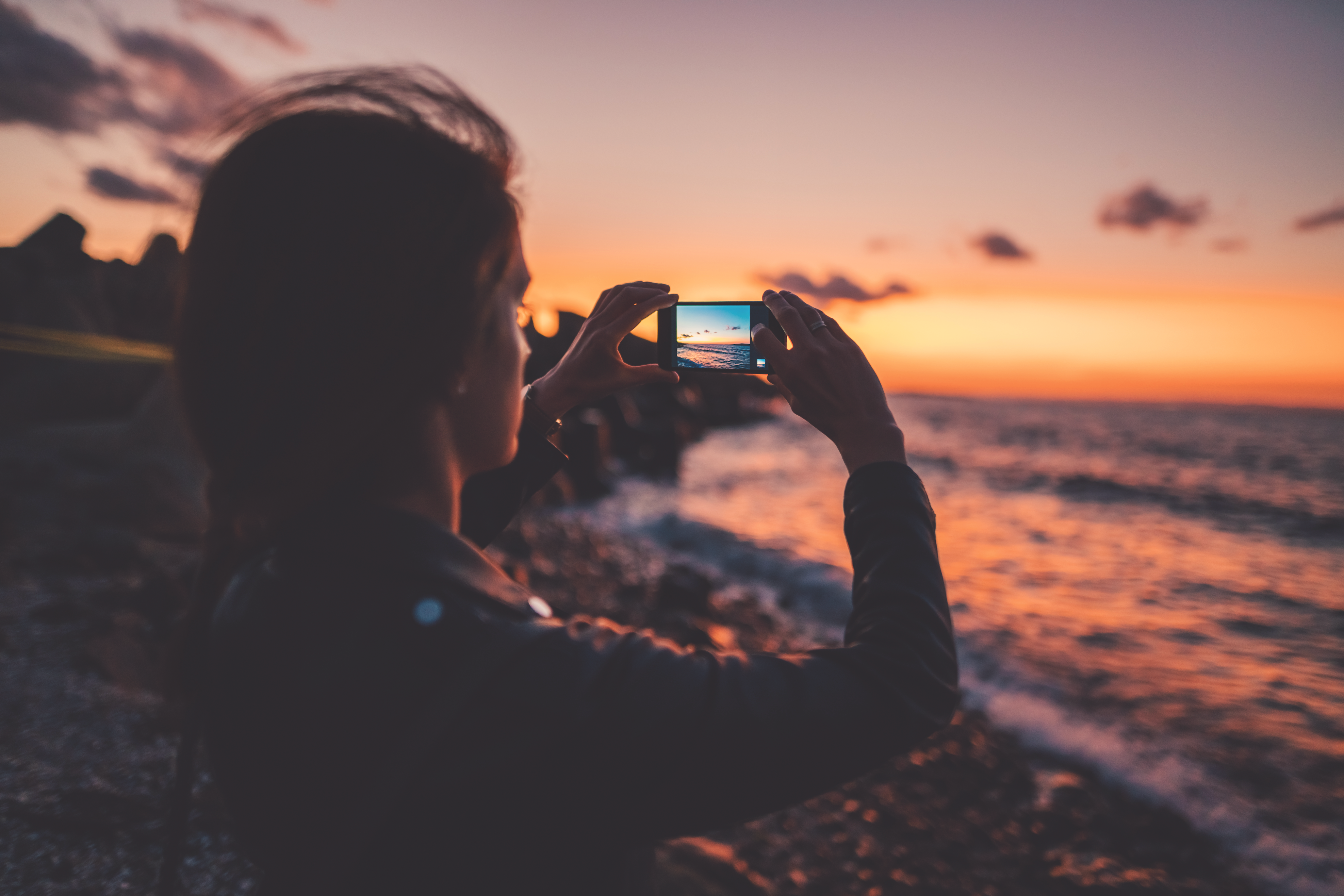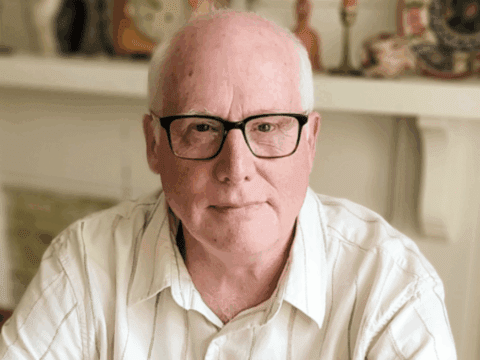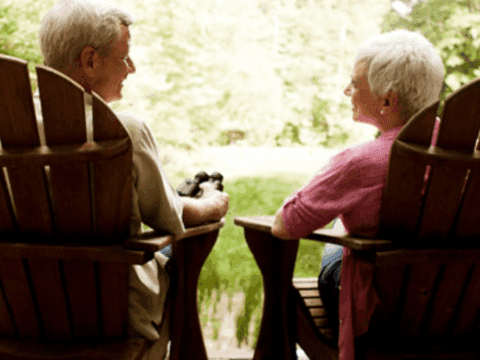It was, you could say, a picture-perfect day, with a thin haze slowly burning off in the warm morning light. I donned a wetsuit and swung out into the Southern Ocean on an inflatable boat, the green, undulating coast of Australia’s Kangaroo Island rolling by on our port side. We were searching for a pod of dolphins — and soon enough, they appeared. Rising from the deep blue, these playful mammals skimmed along the calm surface of the sea, twisting, leaping, showing off.
It was almost like they were posing for a photo. And while I own three very good cameras, all of them sat back in my hotel room, forgotten in the busyness of my early start. At first, I was slightly devastated, as it sunk in that I would have no photos for posterity — or for my social media feeds. But as I started to let it go, I felt the pressure lifting. There was no need to worry about the light or the best angle to shoot from. No consideration of how many likes this shot would get on social. Just pure, contemporaneous, in-the-moment enjoyment.
You may unsubscribe from any of our newsletters at any time.
“Pics, or it didn’t happen” is now a common saying — and a prevalent attitude. Everywhere you turn, people seem to be setting the scene and snapping shots perfect for social media. But a growing body of evidence is telling us that living through a camera lens narrows our experiences and could even damage our memories of them.
A 2018 report from the Journal of Experimental Social Psychology found that while using media (like cameras) can help photographers notice more detail in their subjects, especially when a limited number of photos are taken, it nonetheless impairs memory across a variety of situations. Researchers found that “the act of recording an event is sufficient to impair memory, irrespective of whether that recording is saved or shared with others.” And a 2011 study published in Science magazine found that once information is saved on a piece of technology, we’re far less likely to remember it.
More on Broadview: Palestinian activist informs the world through social media
And that’s not even mentioning the complicating factor of likes — and how we often prioritize posts that will garner more of them (versus ones that accurately reflect our lives). On a recent trip to Cape Town, South Africa, I experienced the full complexity of that lovely city, from the history of its townships to the beauty of its beaches. But the post that got the most likes? A photo of me eating cake by the pool. So I shared a similar image again the next day.
The head of Instagram, Adam Mosseri, recently announced a pilot project to hide from the platform’s one billion users the number of likes a post receives. At a Facebook developer conference this year, Mosseri said that this is an attempt to decrease people’s anxieties over likes and instead have them “spend a bit more time connecting with the people they care about.” That is — generating posts that better reflect our real lives. Maybe.
It wasn’t always this way. I’ve now visited more than 100 countries as a globe-trotting travel writer, and many of my memories are stored digitally. But on my earliest trips, I barely carried a camera at all. During one six-month stay in northern France, I relied wholly on just a few disposable cameras.
And I realize that my memories from those days are far different from any sort of flat, frame-by-frame action. I recall funny incidents during baseball practices and walks around the Vieille Bourse (the old stock exchange) on rare sunny days in famously rainy Lille. None of them were photographed, but all of them are still treasured memories, and they are especially vivid compared to my more recent travel recollections. The pleasure I get from these memories is a reminder that, moving forward, I should leave my iPhone in my pocket — likes be damned — and just enjoy the moment.
This story first appeared in the September 2019 issue of Broadview with the title “Picture this.” For more of Broadview’s award-winning content, subscribe to the magazine today.















It has become my personal habit to not like anything on social media. If there is something special about the posting, I leave a comment. It shows I liked the posting sufficiently to spend a little time and thought on my response. It may even further the conversation.